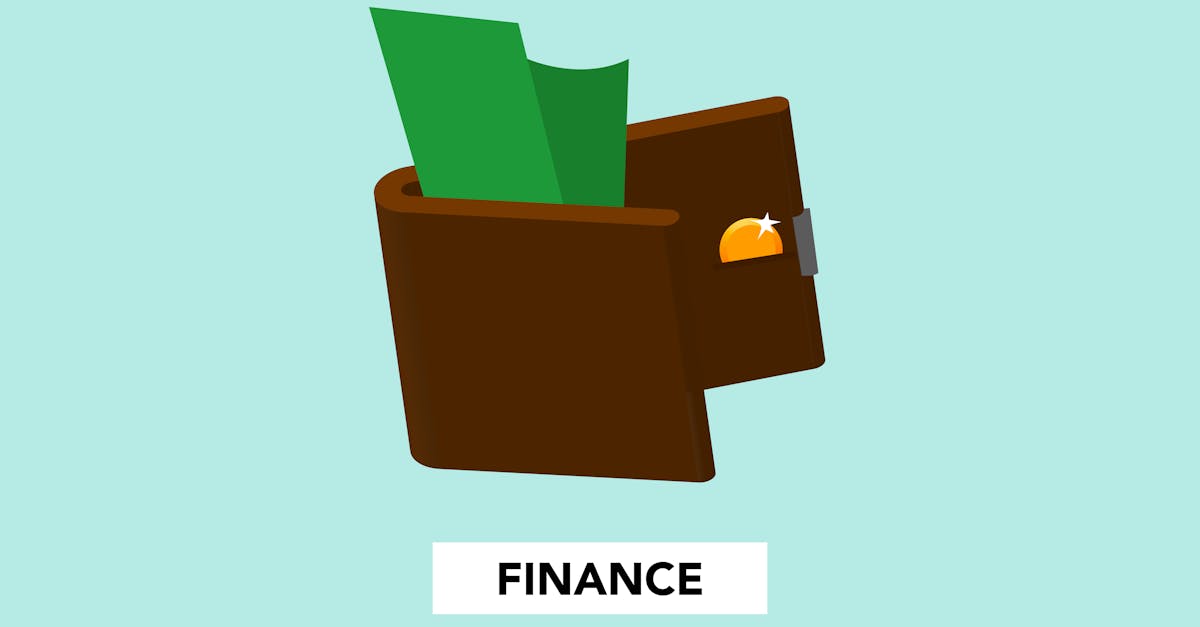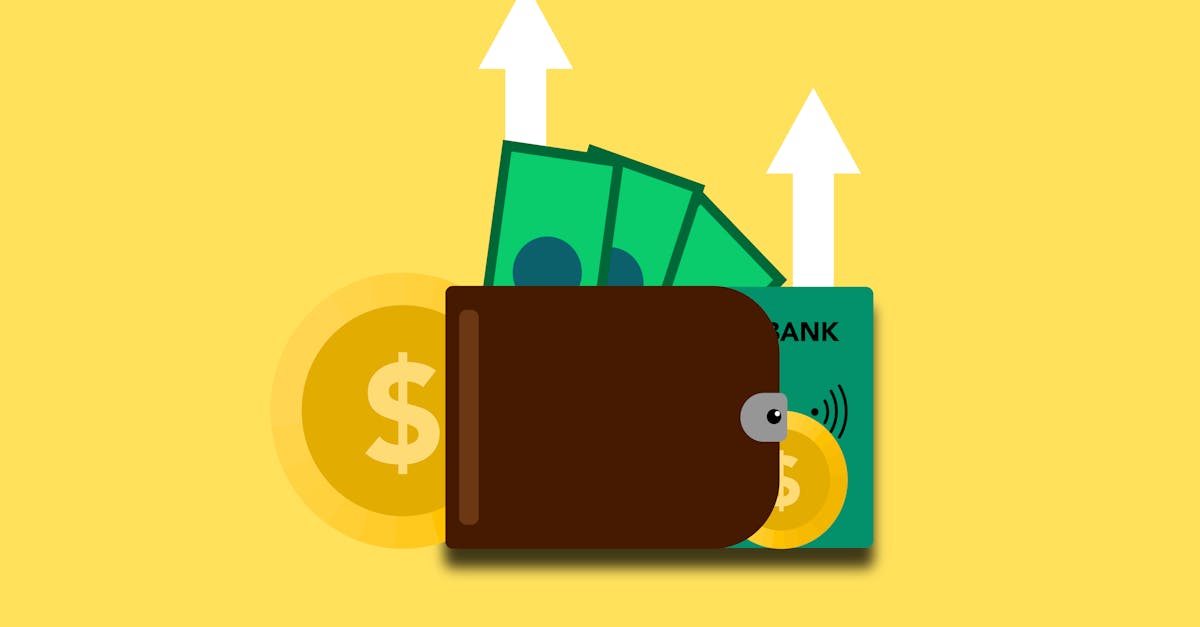Track Your Spending
Tracking your spending is the first step towards saving money fast on a low income. It is essential to know where your money is going and identify areas where you can cut back on unnecessary expenses. The best way to track your spending is by using a budgeting app or spreadsheet. There are many budgeting apps available for free on both Android and iOS platforms. These apps allow you to link your bank accounts and credit cards, and automatically categorize your expenses. You can also set up a budget for each category and track your progress towards your savings goals. Some popular budgeting apps include Mint, Personal Capital, and YNAB (You Need A Budget). If you prefer to use a spreadsheet, you can create one using Microsoft Excel or Google Sheets. Start by listing all your income sources and expenses, and categorize them into fixed and variable expenses. Fixed expenses are those that remain the same every month, such as rent, mortgage, and car payments. Variable expenses are those that vary from month to month, such as groceries, entertainment, and clothing. Once you have listed all your expenses, it's time to identify areas where you can cut back. Look for expenses that are not essential and can be reduced or eliminated. For example, you can cut back on eating out, cancel subscriptions you don't use, and reduce your utility bills by turning off lights and unplugging appliances when not in use. Tracking your spending may seem tedious at first, but it's a habit that can help you save money fast on a low income. By knowing where your money is going, you can make informed decisions about your spending and prioritize your savings goals. Remember, every dollar counts, and small changes can add up to significant savings over time.
Table of Content
- Reduce Your Monthly Bills
- Cook at Home
- Shop Smart
- Reduce Transportation Costs
- Find Ways to Earn Extra Income
- Save on Housing Costs
- Avoid Impulse Purchases
- Use Cash Instead of Credit
- Create a Savings Plan
Reduce Your Monthly Bills
Reducing your monthly bills is one of the most effective ways to save money fast on a low income. With a little bit of effort and negotiation, you can significantly lower your monthly expenses and free up more money for savings or other important expenses. Here are some tips to help you reduce your monthly bills: Firstly, negotiate with your service providers for lower rates. This can include your cable or internet provider, cell phone company, or insurance provider. Call them up and ask if there are any promotions or discounts available that you can take advantage of. If you have been a loyal customer for a long time, you may be able to negotiate a lower rate or get some extra perks. Secondly, cut back on subscriptions and memberships you don't use. Take a look at your bank statements and identify any recurring charges for services or memberships that you don't use or need. Cancel them and save that money instead. For example, if you have a gym membership that you never use, cancel it and find ways to exercise for free, such as going for a run or doing a workout at home. Lastly, consider downsizing your living space. If you are paying a lot of money for rent or mortgage, downsizing to a smaller apartment or house can significantly reduce your monthly expenses. You can also consider renting out a spare room or garage space to bring in some extra income. By reducing your monthly bills, you can save hundreds of dollars each month and put that money towards your savings or other important expenses. It may take some effort and negotiation, but the payoff is worth it in the end.

Cook at Home
Cooking at home is one of the most effective ways to save money on a low income. Eating out or ordering takeout can quickly add up and become a significant expense. By planning your meals and grocery shopping with a list, you can save money and eat healthier. Start by creating a meal plan for the week. Look for recipes that use similar ingredients to reduce waste and save money. Make a list of the ingredients you need and stick to it when you go grocery shopping. Avoid buying items that are not on your list, as they can quickly add up and blow your budget. Cooking in bulk is another great way to save money and time. Prepare large batches of meals and freeze leftovers for later. This way, you can have a home-cooked meal ready to go when you don't have time to cook. Invest in basic kitchen tools and equipment, such as a good set of knives, cutting board, and pots and pans. These items will last for years and save you money in the long run. You don't need fancy gadgets or appliances to cook delicious meals at home. Finally, don't be afraid to experiment with new recipes and ingredients. Cooking at home can be fun and rewarding, and you can save money while enjoying delicious meals. With a little planning and creativity, you can cook healthy and affordable meals at home and save money fast on a low income.

Shop Smart
When it comes to saving money on a low income, shopping smart is a crucial aspect. By being mindful of your spending habits and making strategic purchases, you can stretch your budget further and save money in the long run. One of the best ways to shop smart is to buy generic brands and shop sales. Many generic brands offer the same quality as name-brand products, but at a lower cost. Additionally, shopping sales can help you save money on items you need without sacrificing quality. Another way to save money while shopping is to use coupons and cashback apps. Many stores offer coupons that can be used in-store or online, and cashback apps like Ibotta and Rakuten offer cashback on purchases made through their platform. By taking advantage of these discounts, you can save money on everyday purchases. It's also important to be mindful of your shopping habits and avoid impulse purchases. Before making a purchase, ask yourself if you really need the item and if it fits within your budget. Waiting 24 hours before making a purchase can also help you avoid impulse buys and ensure that you're making a thoughtful decision. By shopping smart and being mindful of your spending habits, you can save money on a low income and make the most of your budget.

Reduce Transportation Costs
Reducing transportation costs is one of the most effective ways to save money fast on a low income. Transportation expenses can add up quickly, especially if you rely on a car for daily commuting. However, there are several ways to cut back on transportation costs without sacrificing convenience. One of the easiest ways to reduce transportation costs is to walk, bike, or take public transportation instead of driving. Walking or biking is not only good for your wallet, but it's also good for your health and the environment. If you live in a city with a good public transportation system, consider taking the bus or train to work instead of driving. Public transportation is often cheaper than driving, and you can use the time to read, work, or relax. If you do need to drive, consider carpooling with friends or coworkers. Carpooling not only saves money on gas and parking, but it also reduces traffic congestion and air pollution. You can also save money on gas by driving more efficiently. Avoid rapid acceleration and braking, and keep your tires properly inflated to improve fuel efficiency. Another way to reduce transportation costs is to plan your trips more efficiently. Combine errands into one trip to save time and gas. Use apps like GasBuddy to find the cheapest gas prices in your area. If you're traveling long distances, consider taking a train or bus instead of flying. Train and bus tickets are often cheaper than plane tickets, and you can avoid the hassle of airport security and baggage fees. By reducing transportation costs, you can save hundreds or even thousands of dollars each year. Whether you walk, bike, take public transportation, carpool, or drive more efficiently, there are many ways to cut back on transportation expenses without sacrificing convenience.

Find Ways to Earn Extra Income
Finding ways to earn extra income can be a game-changer when it comes to saving money fast on a low income. There are many options available, and it's important to find something that works for your schedule and skills. One option is to take on a part-time job or freelance work. This could include anything from working at a retail store on weekends to offering your services as a graphic designer or writer. Websites like Upwork and Fiverr are great places to find freelance work in a variety of fields. Another option is to sell items you no longer need online or at a garage sale. This could include clothing, electronics, or even furniture. Websites like eBay and Facebook Marketplace make it easy to sell items online, while a garage sale can be a great way to get rid of larger items and make some extra cash. If you have a skill or hobby that others are interested in, consider teaching or tutoring. You could offer music lessons, language classes, or even cooking lessons. Websites like Skillshare and Udemy make it easy to create and sell online courses. Finally, consider starting a side hustle or small business. This could be anything from selling handmade crafts on Etsy to starting a pet-sitting or dog-walking service. With a little creativity and hard work, a side hustle can turn into a profitable business. No matter what option you choose, finding ways to earn extra income can help you reach your savings goals faster. Just remember to be realistic about your time and skills, and don't take on too much at once. With a little effort and determination, you can start earning extra income and saving money fast on a low income.

Save on Housing Costs
Housing costs can be a significant portion of your monthly expenses, but there are ways to save money in this area. One option is to downsize to a smaller apartment or house. This may mean giving up some space, but it can also mean a lower rent or mortgage payment. Another option is to rent out a spare room or garage space. This can provide extra income to help offset your housing costs. You can use websites like Airbnb or Craigslist to find potential renters. If you own your home, consider refinancing your mortgage to take advantage of lower interest rates. This can lower your monthly mortgage payment and save you money over the life of the loan. You can also save money on utilities by making your home more energy-efficient. This can include installing energy-efficient light bulbs, sealing air leaks, and upgrading to energy-efficient appliances. Finally, consider moving to a more affordable area. This may mean a longer commute, but it can also mean a lower cost of living overall. By taking steps to save on housing costs, you can free up more money in your budget to put towards other financial goals, such as paying off debt or saving for retirement.

Avoid Impulse Purchases
Avoid Impulse Purchases We've all been there - walking through a store and seeing something that catches our eye, and before we know it, we're at the checkout counter with a new item we didn't plan on buying. Impulse purchases can quickly add up and derail our efforts to save money. However, with a few simple strategies, we can avoid impulse purchases and stay on track with our financial goals. One effective strategy is to wait 24 hours before making a purchase. This gives us time to think about whether we really need the item and whether it fits into our budget. Often, after a day has passed, we realize that the item wasn't as important as we initially thought, and we're glad we didn't make the purchase. Another helpful tip is to ask ourselves if we really need the item. Is it something that will improve our quality of life or is it just a temporary thrill? By being honest with ourselves about our true needs and wants, we can avoid making purchases that we'll later regret. It's also important to be mindful of our emotions when shopping. Retail therapy may provide a temporary boost, but it can quickly lead to overspending and financial stress. Instead, we can find healthier ways to cope with stress, such as exercise or spending time with loved ones. Finally, we can set a budget for discretionary spending and stick to it. By allocating a specific amount of money for non-essential purchases, we can enjoy the occasional treat without derailing our overall financial plan. In conclusion, avoiding impulse purchases is a key component of saving money on a low income. By waiting 24 hours, asking ourselves if we really need the item, being mindful of our emotions, and setting a budget, we can stay on track with our financial goals and avoid unnecessary spending.

Use Cash Instead of Credit
When it comes to managing your finances, one of the most important things you can do is to use cash instead of credit. While credit cards can be convenient, they can also lead to overspending and debt. By using cash, you can better control your spending and avoid the temptation to make impulse purchases. To start using cash, you'll need to set a budget for each category of spending, such as groceries, entertainment, and transportation. Once you have a budget in place, withdraw the amount of cash you'll need for each category and put it in an envelope or wallet. This will help you stay within your budget and avoid overspending. Another benefit of using cash is that it can help you avoid fees and interest charges associated with credit cards. When you use a credit card, you may be charged interest on your balance if you don't pay it off in full each month. You may also be charged fees for late payments, cash advances, or balance transfers. By using cash, you can avoid these fees and keep more money in your pocket. Of course, there may be times when using a credit card is necessary, such as for online purchases or travel. In these cases, it's important to use your credit card responsibly and pay off the balance in full each month to avoid interest charges and fees. Overall, using cash instead of credit can be a powerful tool for managing your finances and saving money. By setting a budget, withdrawing cash, and avoiding credit card fees, you can take control of your spending and achieve your financial goals.

Create a Savings Plan
Creating a savings plan is crucial when it comes to saving money fast on a low income. Without a plan, it can be easy to spend money on unnecessary items and forget about your savings goals. Here are some steps to help you create a savings plan that works for you. First, set a savings goal. This could be a specific amount of money you want to save or a goal you want to achieve, such as paying off debt or saving for a down payment on a house. Once you have a goal in mind, break it down into smaller, achievable milestones. For example, if your goal is to save $5,000 in a year, break it down into saving $417 per month. Next, create a budget that includes your savings goal. Determine how much money you can realistically save each month and make sure to include it in your budget. This may require cutting back on some expenses or finding ways to earn extra income. Automating your savings is another effective way to reach your savings goal. Set up automatic transfers from your checking account to your savings account each month. This way, you won't have to remember to transfer the money yourself and you'll be less likely to spend it on other things. Finally, track your progress and adjust your plan as needed. Regularly check your savings account to see how much progress you've made towards your goal. If you find that you're not saving as much as you had hoped, adjust your budget or find ways to earn extra income. Creating a savings plan may take some time and effort, but it's worth it in the long run. By setting a goal, creating a budget, automating your savings, and tracking your progress, you'll be well on your way to saving money fast on a low income.




